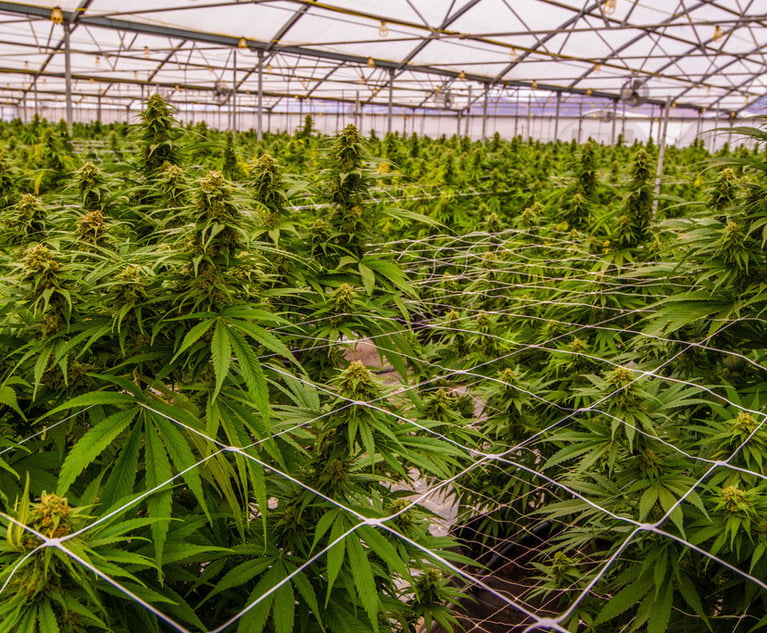The past several months have ushered in great change for cannabis companies, their investors, employees, consumers and service providers in the Northeast. New Jersey, New York and Connecticut have, in succession, approved adult-use cannabis programs in early 2021, adding a combined population of 33.4 million to states that have liberalized the cultivation, sale, possession and use of cannabis for adults. The adult-use cannabis market in New York is expected to exceed $4.2 billion in revenue by 2027. Once fully implemented, Governor Cuomo’s office expects more than $300 million in annual tax revenue.
Federal/State Dichotomy
Marijuana remains classified as a Schedule I controlled substance under the U.S. Controlled Substances Act of 1970, as amended, and is illegal under federal law for any purpose, and state and federal laws regarding marijuana often conflict. In mid-July, U.S. Senators Schumer, Wyden and Booker introduced, as a draft discussion piece, the wide-ranging and ambitious Cannabis Administration and Opportunity Act (CAOA), which would legalize cannabis on the federal level. The CAOA faces an uncertain future and is beyond the scope of this article, which focuses on the social equity part of New York’s cannabis program.


 Credit: Ian Miller/Adobe Stock
Credit: Ian Miller/Adobe Stock




